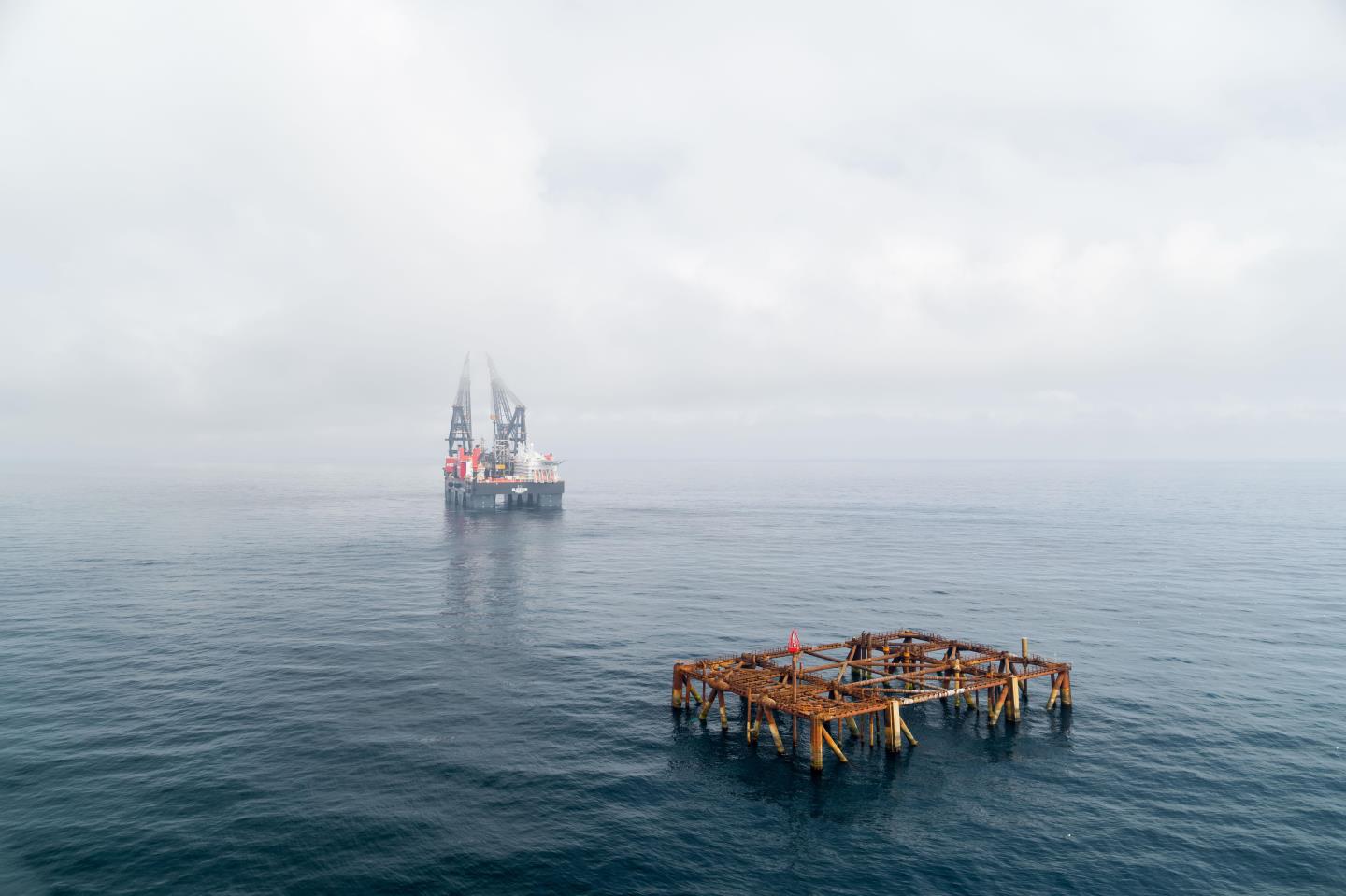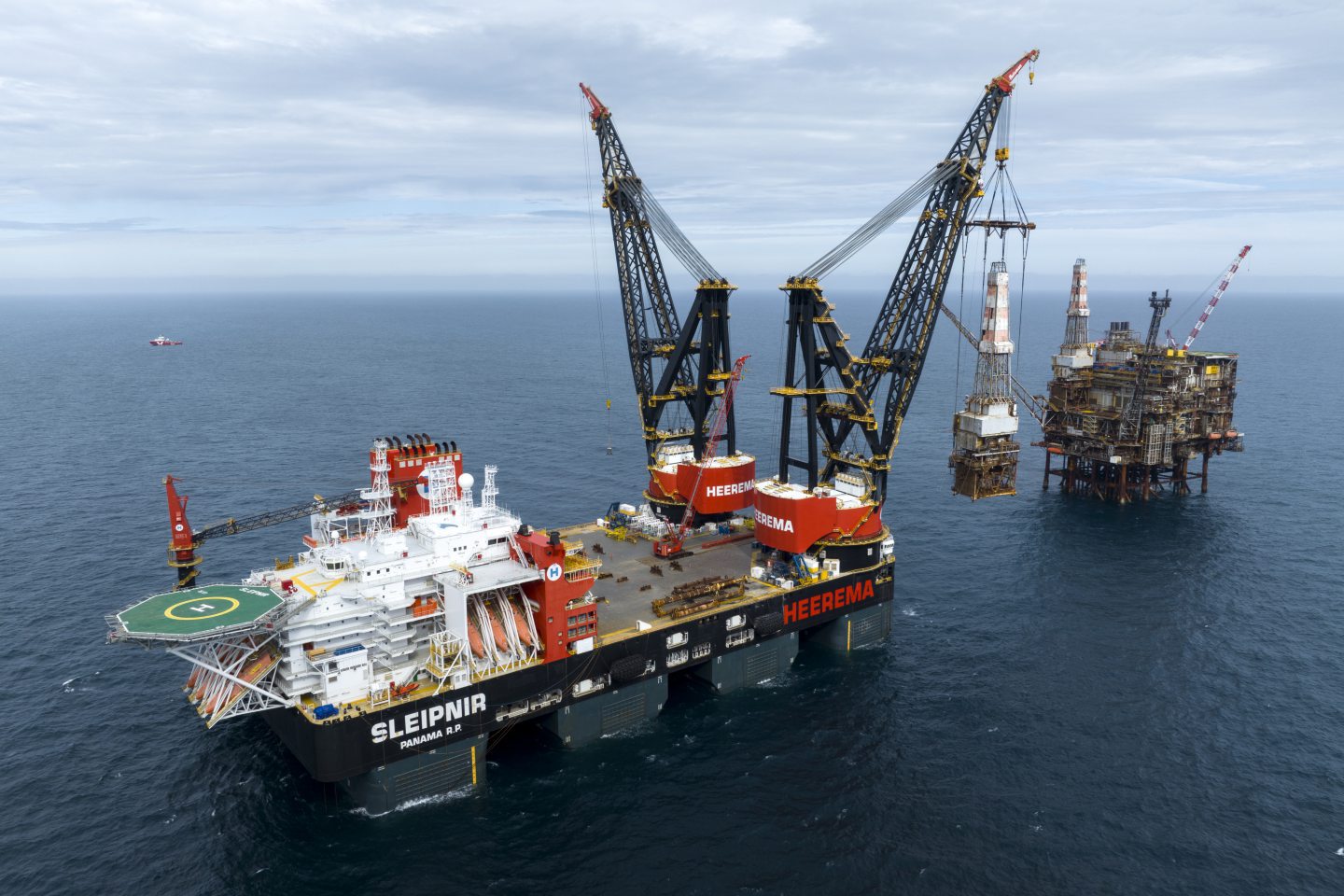
The North Sea Transition Authority (NSTA) has launched a digital tool which outlines upcoming UK decommissioning projects from 15 oil and gas operators.
The Decommissioning Data Visibility Dashboard includes field-specific information of each operator’s decommissioning portfolio and aims to give supply chain firms a clearer picture of upcoming projects.
The NSTA piloted the scheme alongside the Decommissioning and Repurposing Taskforce (DaRT) in 2021 with data from BP, EnQuest and Spirit Energy.
The dashboard has now been expanded to include CNOOC International, CNR International, Dana Petroleum, ENI UK, Harbour Energy, Neptune Energy, One-Dyas, Repsol Resources UK, Shell, TAQA, TotalEnergies and Waldorf Production.
NSTA head of decommissioning and DaRT co-chair Alastair Bisset said suppliers need to know when decom work is happening so they can invest and plan effectively.
“The dashboard was created to help plug this knowledge gap, so it is very satisfying to see this group of leading operators put their weight behind it,” he said.
Harbour Energy executive vice president and DaRT co-chair Scott Barr said the dashboard tool will help provide the supply chain with the visibility and confidence to deliver decom works in a “timely and cost-competitive way”.
“It will also enable organisations to better understand future demand for skills and resources and to further increase their capacity to invest in technology and training programmes accordingly,” Mr Barr said.
Decommissioning Dashboard
The NSTA said the dashboard showcases a wide range of information about operators’ UK Continental Shelf (UKCS) decommissioning portfolios, including “much sought-after work schedules”.
The regulator said the aim is to reduce the “uncertainty and lack of transparency” around the timing of decommissioning activities.
Using data from the annual UKCS Stewardship Survey, the dashboard will show how many wells, subsea structures and pipelines the operators plan to decommission over the next five years.
It will also outline the weight of platforms set to be removed.
The NSTA said publishing this information encourages early engagement between operators and suppliers, outlines what skills and resources will be in demand.
It will also allow companies to identify opportunities to decommission wells together, reducing overall costs.
“In the face of competition for services from other regions and sectors, effective planning is vital to ensuring that resources are available at the right time and projects are carried out cost-efficiently,” the NSTA said.
The initiative is part of an NSTA-led industry goal to lower UKCS decommissioning costs by 10% to £33.3 billion by the end of 2028 and complements the Pathfinder portal, which focuses on near-term projects.
Decom sector
Project visibility is among a range of challenges the UK decommissioning sector is facing as it tries to capitalise on an estimated £21 billion spend in the next decade.
An exodus of workers, a looming clash with offshore wind construction, competition from Europe, and uncertainty about international maritime regulations are all hurdles facing the UK decom sector as it tries to establish itself as a future export earner.
Recommended for you


 © Supplied by Taqa
© Supplied by Taqa © Supplied by Brae Alpha Rig 1 rem
© Supplied by Brae Alpha Rig 1 rem